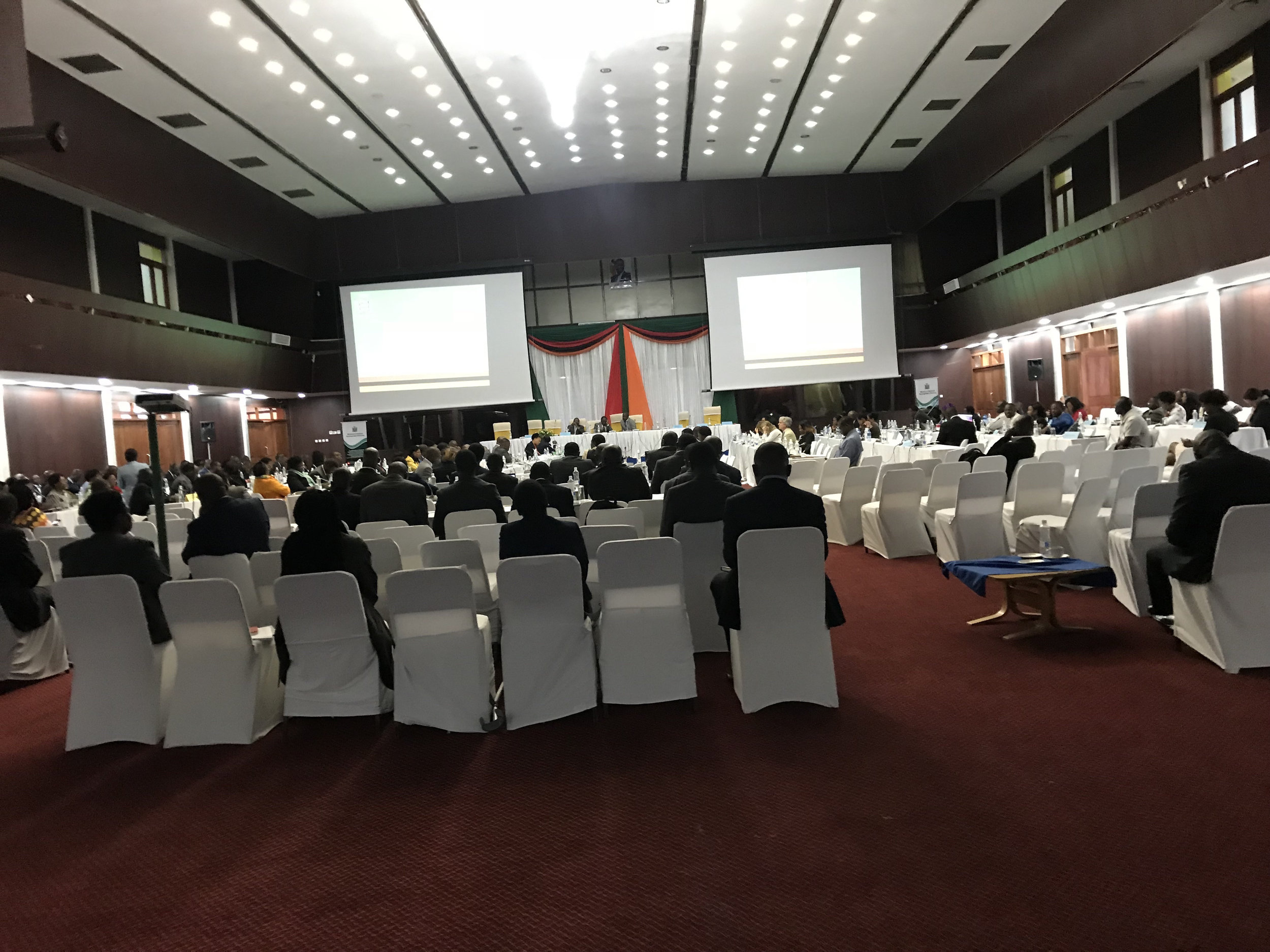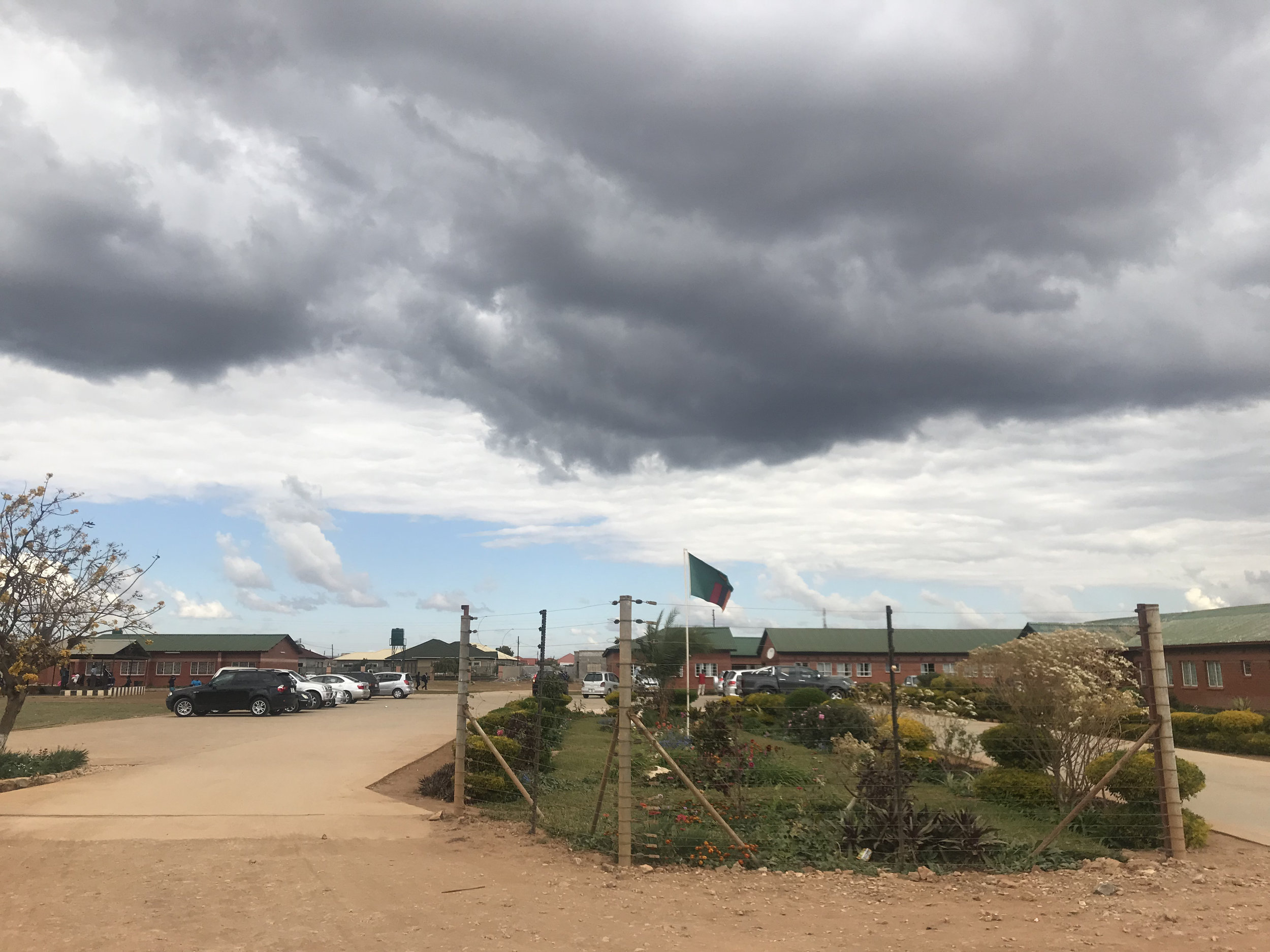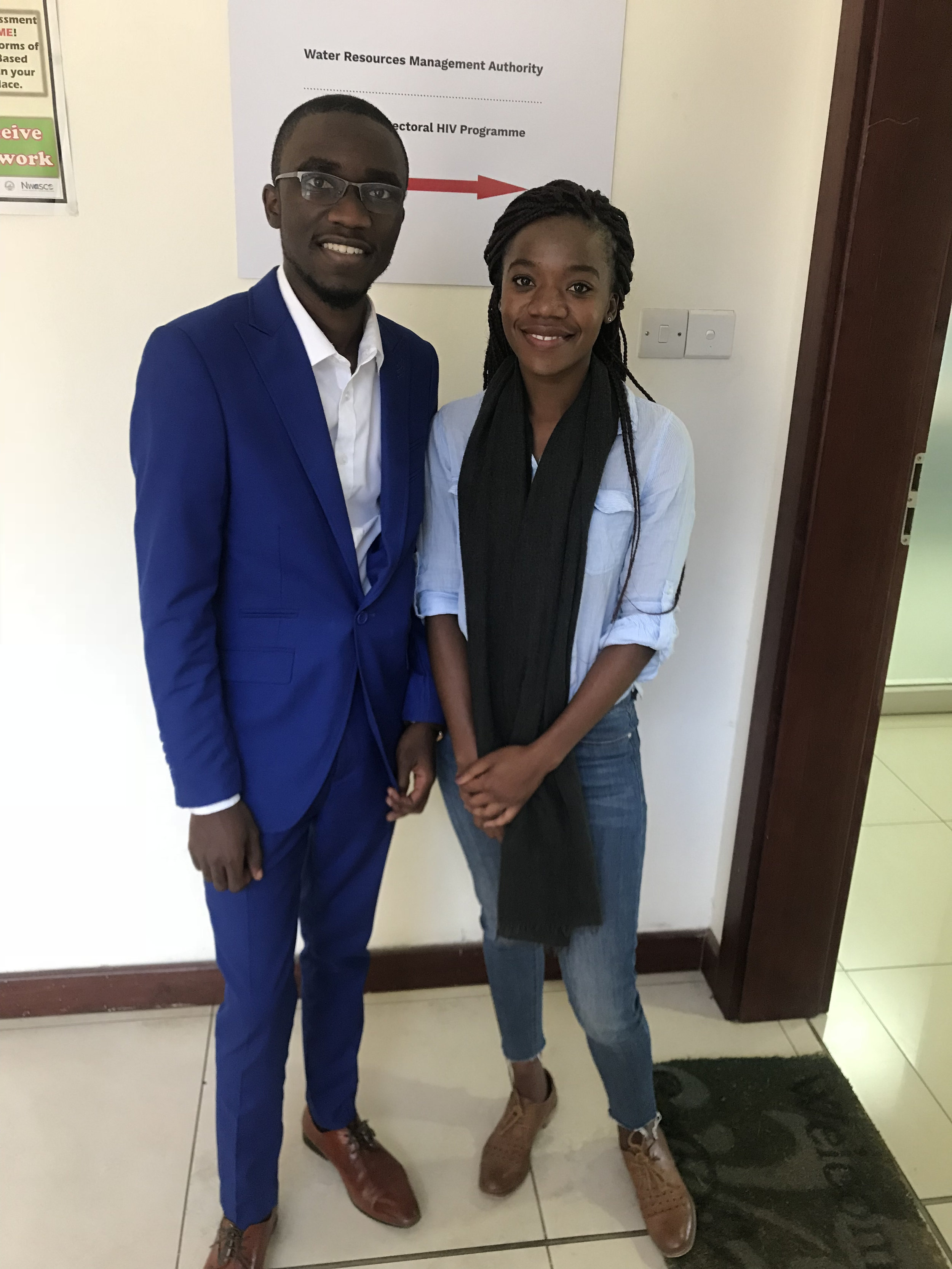BY ANGELA MAZIMBA
Angela Mazimba is a second year International Development student from Zambia. She is passionate about African solutions for African development.
The IDEV Summer Internship Series highlights the experiences of IDEV students participating in internships this past summer. Each year, IDEV students intern with various development organizations around the world. These internships are generously funded by SAIS donors, and offer valuable opportunities for students to gain real-world experience between their first and second years at SAIS.
The room goes silent when the Minister of Energy refers to new waste-to-energy technology that might replace the widespread use of charcoal in the country. The setting is the 7th National Development Strategic Planning meeting in Lusaka. The Secretary to the Cabinet chuckles and waves away this potentially innovative way to introduce cleaner energy into Zambian households as “something for the future.”
This casual reaction is understandable. The initially high financial (and political) costs of investment in renewable energies have maintained an underdeveloped energy mix in the country. However, hydropower and wood fuel or charcoal remain significant sources for Zambian electrification and energy-production processes. Such a mix is problematic given the country’s increasing climate vulnerability. I went into this summer internship determined to convince a few key people to amplify their efforts in correcting this. In addition to supporting Zambia’s overall renewables readiness, I wanted to spend my summer reiterating that small scale renewable energy systems can avail affordable cleaner energy to the underserved, create employment opportunities, and pave a way for the country’s economic development.
I’m very fortunate to have been able to tailor an internship experience that was complete, challenging, and rewarding. My work with Zed Solar, the Ministry of Energy, the Zambia Environmental Management Agency and GIZ exceeded my expectations and inspired me in ways that reaffirm the necessity of integrated approaches to development. I was able to support the creation of deployment strategies for alternative electrification technologies such as waste to energy (WtE) fuel blocks, assist with the development of knowledge transfer systems between the Ministry of Energy and Zambian independent power producers, and gain insight into the multilateral approach to water management in water-fragile systems at GIZ.
As a fortunate consequence of the internship, I was also able to spend part of my summer assisting GIZ in analyzing a government-backed randomized control trial implemented to prove the efficacy of an approach called the Join-in Circuit (JIC), to augment sexual and reproductive health knowledge and behavior amongst youth in Zambia. Not only did my involvement in the analysis of the endline data for the JIC impact evaluation enhance my STATA skills, it opened my eyes to the critical need to address youth-focused health constraints to development.
I cannot think of a better way to have spent my summer than attempting to ensure the current energy and economic security of Zambia so that its future generations will benefit too.
PHOTO CREDIT: “Christopher, Zambia” by SolarAid Photos, from Flickr Creative Commons licensed under CC-by-2.0.
Photographs in gallery below by author from her time in Zambia this summer.




